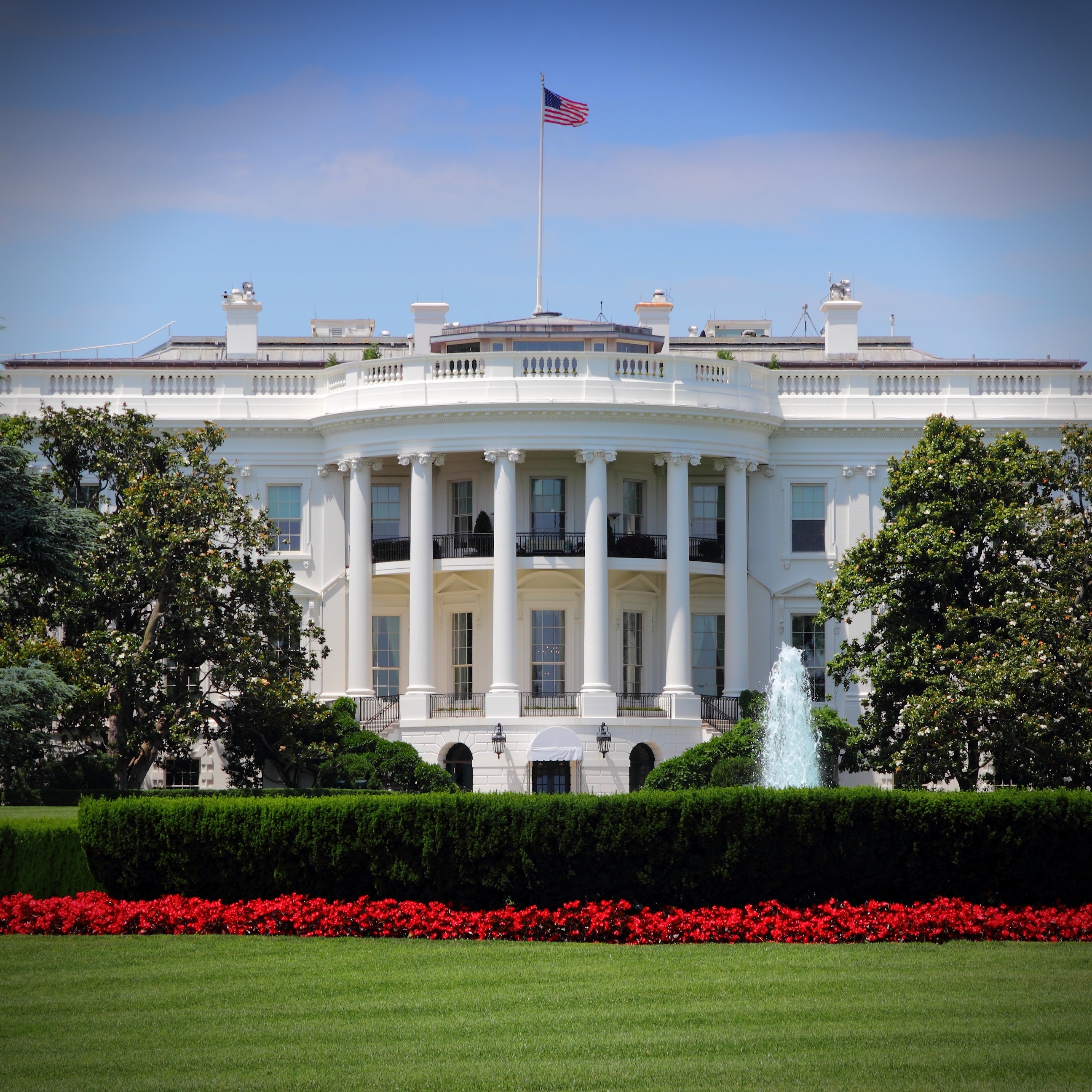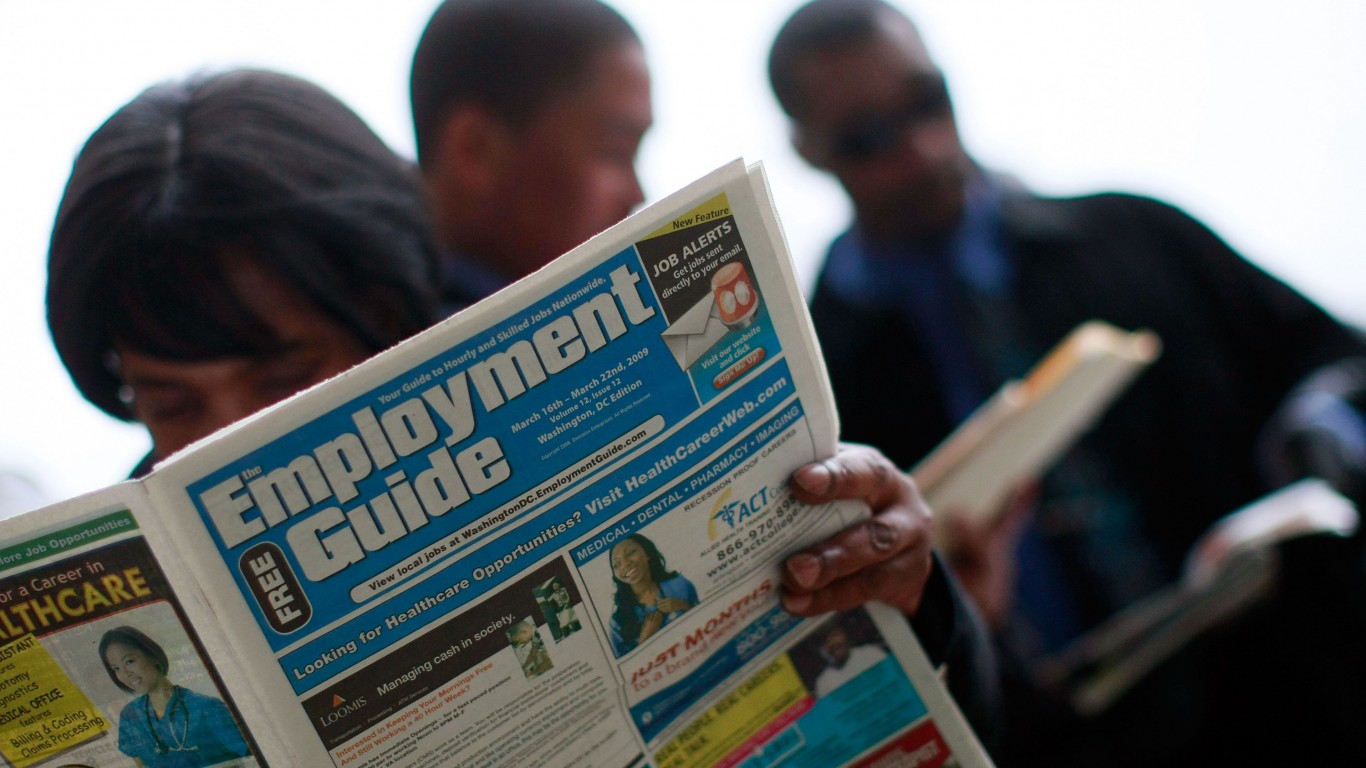
If consumer spending is two-thirds of gross domestic product (GDP), then Americans may recoil from the shock of a Trump victory by sitting on the sidelines as consumers, at least for a few weeks. But those few weeks are the heart of the holiday season. Many parts of the economy, from retail and consumer electronics to autos and travel count on those weeks.
Business is likely to take a passive position too, as executives try to decipher what a Trump administration will do to the trade that is essential to the revenue of so many of them, and to their taxes and the insurance their employees buy, or that they provide for them. It is hard to make a case that a recession will not run from the middle of the fourth quarter through at least the first quarter of 2017, although this cannot be exactly true, because recessions are built on two full consecutive quarters.
A crippled economy may not recover as it runs into the last three quarters of next year. Trump will become the president on January 20. In the traditional “first 100 days,” he may press legislation, and pass some of it, so different from anything in memory that it shocks the financial and economic systems in American and sends waves to nearly every other nation in the world. (Republicans also will have a majority in both the Senate and House of Representatives.) If he tries to rip up trade treaties, which he cannot do on his own, trade chaos and tariffs could ensue.
If he pulls the American military presence out of certain unstable parts of the world, local wars could rage in places where the United States has provided a measure of order and protection recently, particularly with the Air Force and Navy. Even the United Nations may lose part of its ability as peacekeeper, if Trump’s threat to pull financial support for the international body comes true. It is a UN that has had a role as watchdog over many of the world’s conflicts since 1945, even if it has not always been effective.
Wall Street will be the first part of the economy affected, immediately. Early indications are that it will plunge hundreds of points on the heels of the election. Its fragility may be worse as time goes by, because of Trump decisions and threats that could harm certain areas of the economy and certain companies. Even if these worries are open to interpretation, Wall Street hates uncertainly and usually flies to safety in such cases. Cash funds and gold should benefit. (Gold rallied immediately after Trump’s victory.) Equities will not.
The economy and business are in the first days of a shock to their systems that could stretch on for many months.
Want to Retire Early? Start Here (Sponsor)
Want retirement to come a few years earlier than you’d planned? Or are you ready to retire now, but want an extra set of eyes on your finances?
Now you can speak with up to 3 financial experts in your area for FREE. By simply clicking here you can begin to match with financial professionals who can help you build your plan to retire early. And the best part? The first conversation with them is free.
Click here to match with up to 3 financial pros who would be excited to help you make financial decisions.
Thank you for reading! Have some feedback for us?
Contact the 24/7 Wall St. editorial team.


